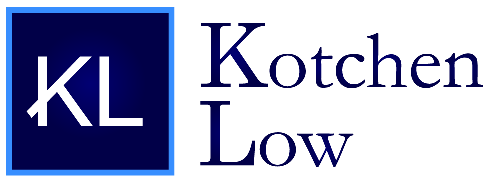Atlanta, GA, September 1, 2017 – Plaintiffs filed an appellate brief, available here, in a class action lawsuit alleging that Defendants Delta Air Lines, Inc. and AirTran Airways, Inc. overcharged tens of millions of airline passengers for first checked bag fees after the two airlines conspired to impose the fees.
Plaintiffs argue that the District Court erred in granting summary judgment to Defendants because Plaintiffs have provided ample evidence that AirTran intentionally invited collusion on an investor earnings call, and that Delta adopted its first bag fee because of the invitation. In internal e-mails, an AirTran executive had suggested that AirTran could communicate to Delta about its desire to charge a first checked bag fee in response to a question on a quarterly investor earnings call. On the next quarterly call, AirTran’s CEO stated in response to a question about first bag fees that the “primar[y]” reason AirTran had not imposed the fee was because “our largest competitor in Atlanta” – Delta – had not imposed the fee. He said that AirTran would “prefer to be a follower,” and that AirTran would “strongly consider” following Delta’s lead in imposing the fee.
Delta’s internal analyses show that before AirTran’s invitation, Delta believed the fee would not be profitable, and that Delta intended not to impose the fee, and to repeal Northwest’s fee after an impending Delta-Northwest merger. After the call, based on the expectation that AirTran would match a fee, Delta’s internal analysis showed that the fee would be profitable, and Delta’s leadership decided to adopt the fee. AirTran matched days later.
In addition, Plaintiffs presented AirTran e-mails showing that AirTran and Delta representatives spoke directly about the desire of each airline to adopt the fee, but only if the other airline would “jump first.”
Below, the district court granted Defendants’ motion for summary judgment, finding that Plaintiffs did not provide sufficient evidence to support a finding of collusion rather than mere parallel conduct. The district court discounted the invitation to collude because it was made publicly, but Plaintiffs pointed out that the antitrust laws make “no exception for public earnings calls.” The district court also found that Defendants had valid economic reasons to impose a first bag fee, but the evidence demonstrated that each Defendant would not have imposed the fee unilaterally.
The case is Avery Ins. Group, Inc. v. Delta Air Lines, Inc., No. 17-11733 (11th Cir.).
